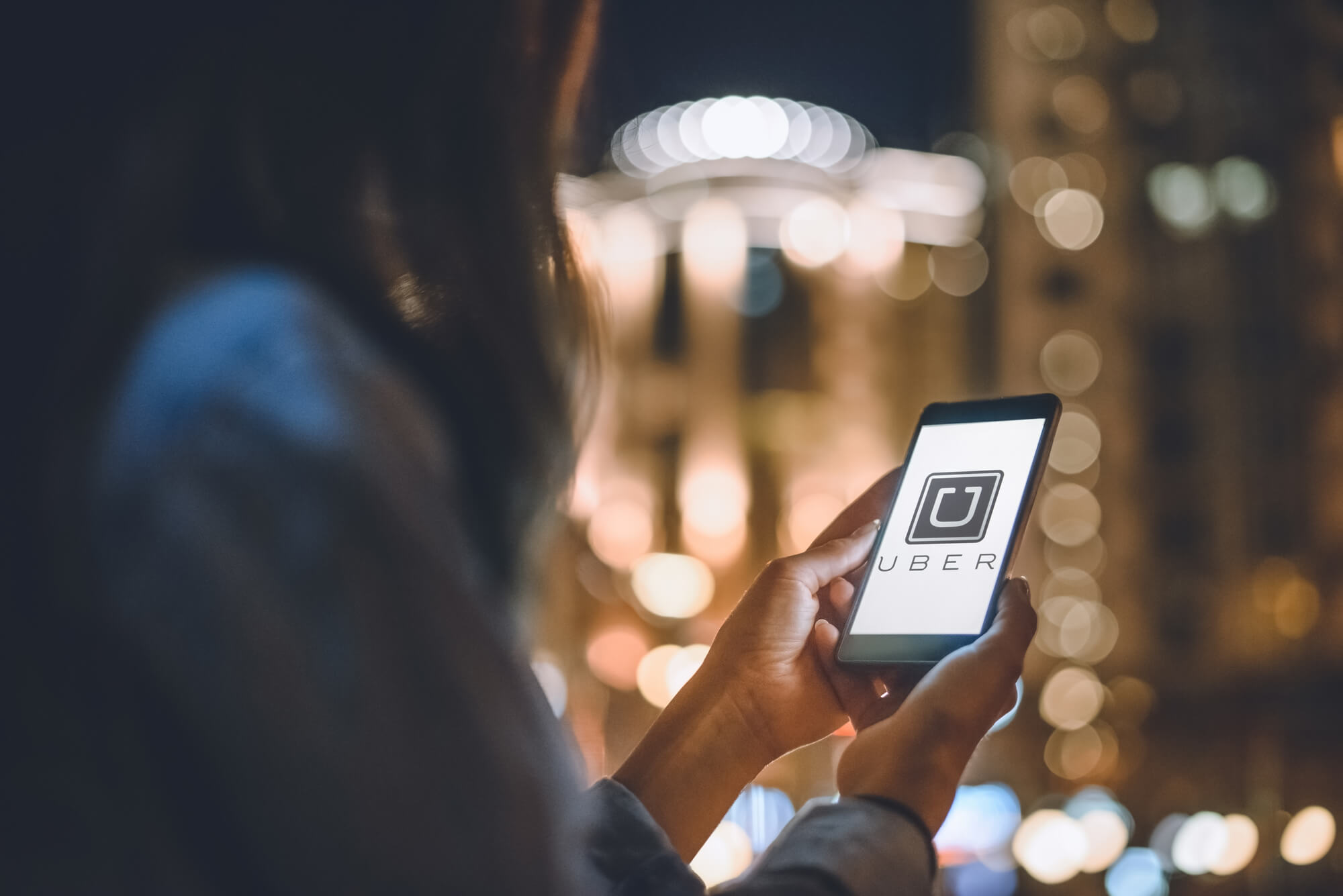Widely accepted as a common method of transportation, Uber has taken the world by storm. According to The Dominguez Firm, a Los Angeles Uber accident lawyer, what used to be a fairly strange concept is now the norm for many people in several different locations. Without having to worry about a payment exchange or dialing a number to get a ride, you can connect with a driver instantly at the touch of a button
With direct pricing on the very first screen, you won’t be surprised at the end of your trip. The concept of Uber was made to improve the quality of public transportation, but how safe is it to get in a stranger’s car? This is a question a lot of people still secretly wonder as they ride in the back seat.
How Safe is Uber?
Coming directly from the company itself, Uber praises its rideshare program as one of the safest ways to travel. With tools to report any incidents to insurance that is already in place to protect you as a passenger, Uber claims to always have your back.
In order to become a driver, the individual must pass several requirements and drive around with a mentor (a person already experienced at Uber-driving). This is all supposed to benefit you and put you at ease at the thought of riding with a stranger. For some, this is enough. Understandably, some people are skeptical that this is actually going to be enough to protect them in case something goes wrong while you might feel confident in your driver at first, what are the odds that you might get into a vehicle and automatically regret the decision? This has happened to many Uber passengers before. Their driver might not be doing anything wrong or illegal on the road, but they might be a little too careless or oblivious in your opinion.
Telling a stranger how to drive is one thing, but telling a stranger how to drive you around is another. Most people admit to staying quiet if they ever feel uncomfortable in their ride. The app’s rating platform gives you the change to leave remarks about the quality of the ride at the end.
Source: https://www.uber.com/us/en/ride/safety/
How Many Accidents Happen?
Talking about statistics now, a lot of people are curious about what the actual odds are of getting into an accident while on an Uber ride. Fender benders happen all the time, mostly resulting in quick and easy exchanges of insurance. While this isn’t ideal, your safety normally isn’t at risk if you are a passenger during a minor fender bender. It can serve as a big inconvenience, though.
Uber’s U.S. Safety Report talks numbers about its more serious accidents. This report is supposedly the key to knowing how many fatalities have occurred each year. While Uber has a fairly low tally, some believe that they are excluding key information.
Getting the numbers for their report from driver-reported accidents and insurance companies, it was said that Uber reportedly had 97 fatal crashes with 107 deaths in the years 2017 and 2018 combined. To put this into a different perspective, TechCrunch urges users to think about these numbers while considering the miles traveled. Taking 2017’s report alone, there were 49, or around 0.57 per 100 million miles. The national average is 1.1 per 100 million miles, so it can be thought that Uber accidents see half as many fatalities per mile. Also, it has been seen that Uber crashes typically happen at lower speeds. This makes sense since most Uber trips are generally short and to the point. Know that there are always exceptions, though.
Who is At-Fault?
If you happen to be in the car during an Uber ride accident, are you at risk of taking on any of the blame? The thought might seem ridiculous to some, but it is a question that most riders have on their minds. Following the same rules as any other automobile accident determination, in a 2-car accident, either the Uber driver or the other driver will be at-fault. There isn’t much that you need to worry about as the passenger, as long as you weren’t deliberately causing a crash or distracting your driver.
The good news is, Uber drivers are typically required to carry two insurance policies. There is one that is provided by the company itself and then there is the driver’s personal auto policy. Not all insurance companies are comfortable with ridesharing, though. Some will get denied insurance for this reason and are told to look elsewhere. This can become an issue if the driver has lied to their insurance company, promising no ridesharing.
At the end of the claim, the insurance company can have the right to say that they will not cover anything due to the dishonesty of the driver. What you need to be most aware of are your instincts — using your best judgment, you can stay as safe as you can in rideshare situations.
Source: https://www.johnfoy.com/faqs/whos-at-fault-if-your-uber-is-in-an-accident/

